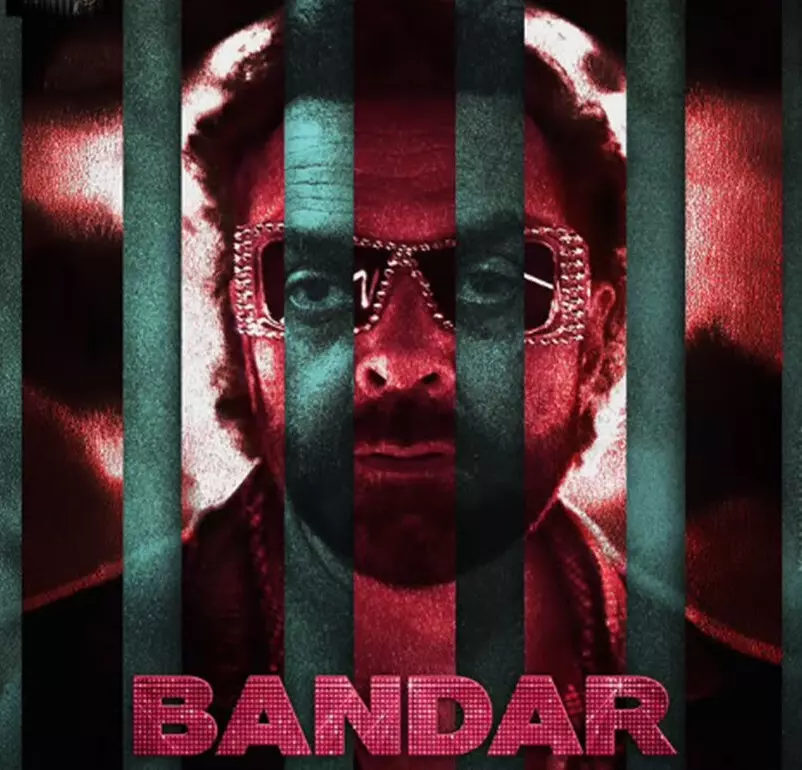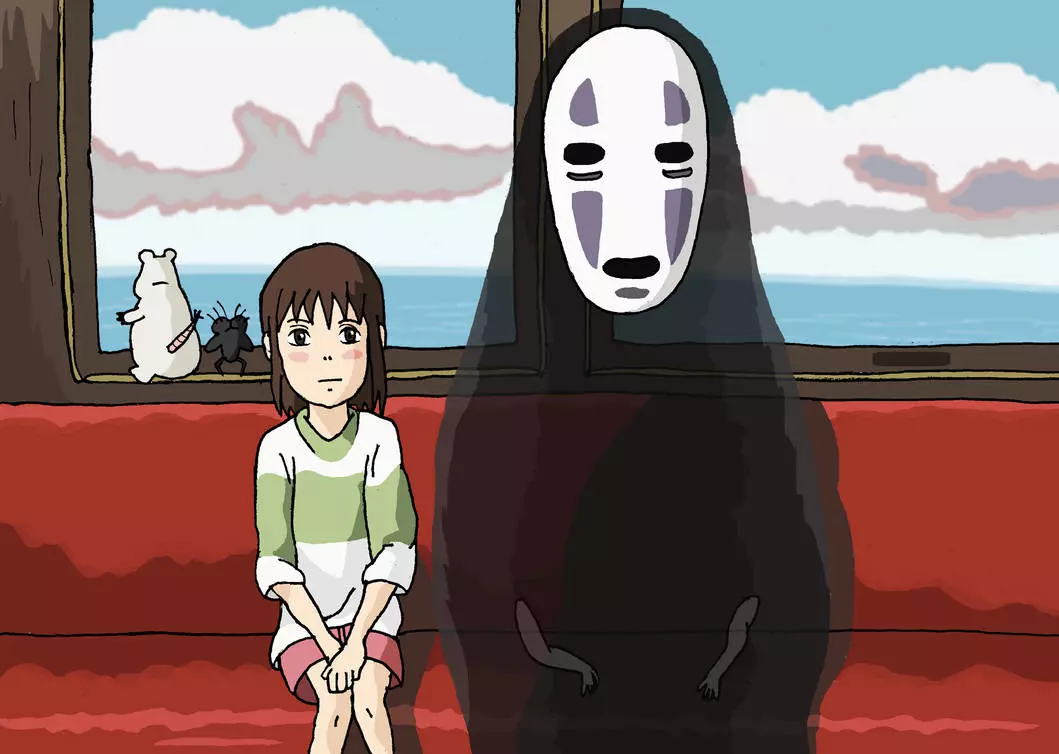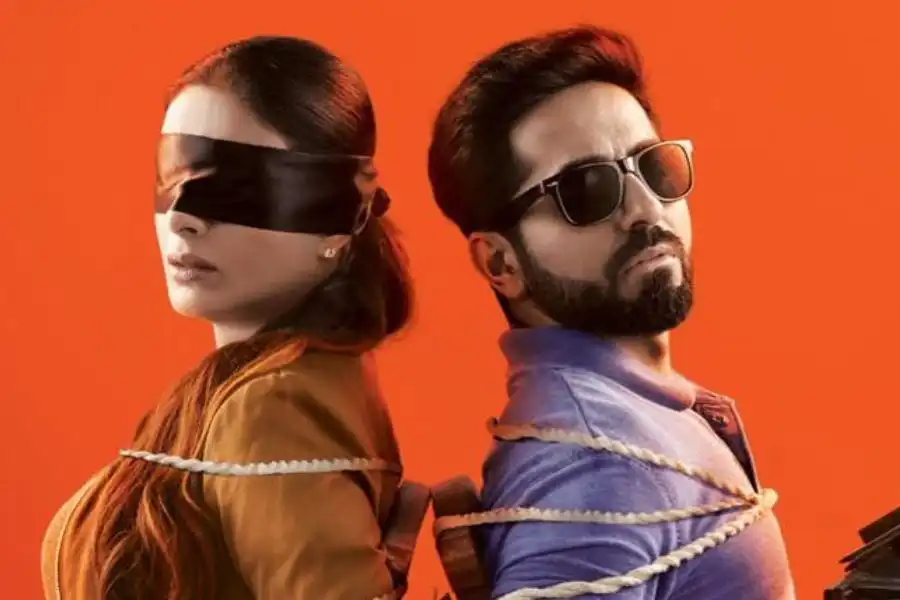Asim Abbasi returns to Zee Zindagi four years after his riveting crime thriller "Churails," now helming a new project that reunites Fawad Khan and Sanam Saeed, 11 years after their celebrated romantic drama "Zindagi Gulzar Hai." However, in this folk fantasy, the duo isn’t romantically paired but rather embark on a spiritual journey together. This journey, however, is bogged down by excessive narrative elements that make it difficult to fully grasp and appreciate Abbasi’s vision.
The story unfolds in a mystical valley known as the Land of Nowhere, presumably in Pakistan. Here, Jafar Khanzada (Salman Shahid), a wealthy patriarch, invites his estranged sons to his third wedding. The awkwardness among them stems not only from their shared history but also from the fact that Jafar is marrying Mahtab, his first love who passed away decades ago. Jafar insists she still exists on the other side. His younger son Shahryar (Fawad Khan) is skeptical and dismissive, while his caregiver Scheherezade (Sanam Saeed) urges faith in the unknown.
Abbasi immerses the narrative in supernatural elements. The show features fairies weighed down by rocks instead of wings, a tree of life (or death) that splits during cosmic disturbances, and a mysterious woman who gifts guests their deepest secrets through her paintings. The narrative is adorned with quotes from the Book of Nowhere in a Rumi-esque font, a grave voiceover, and characters who deliver lines as if reading from a slow teleprompter.
Unfortunately, these elements become more of a hindrance than an enhancement to the story. Abbasi seems to be attempting to create a Pakistani/South Asian folk fantasy counterpart to Ari Aster’s "Midsommar" (2019), but the visual impact falls short. While "Midsommar" left a lasting impression with its vivid imagery, "Barzakh" lacks such cinematic magic. Mo Azmi’s cinematography captures the stunning locations – pink skies, amber leaves, and expansive mountains – suggesting something grander at play. Yet, the stakes are often conveyed through condescending dialogue, making the story feel like a puzzle with too few clues.
"Barzakh" could have been more compelling had it focused more on its characters rather than the elaborate worldbuilding. Salman Shahid portrays Jafar as a dismissive, arrogant patriarch, possibly masking his brutality with an obsession for his first love, or loving so intensely that its premature loss has left him embittered. His declaration, “Mujhe pyar karna aata hi nahi hai” (I don’t even know how to love), resonates deeply, highlighting a life marred by harshness.
Fawad Khan’s Shehryar is the classic rebellious son, determined not to emulate his emotionally distant father, only to overcompensate with his own son and risk repeating the cycle. Khan imbues Shehryar with empathy and deep-seated pain, making his unraveling moments heart-wrenching. There’s also Shehryar’s elder brother, who sacrifices his own life to care for their ailing mother, expressing his frustration to the point of force-feeding her when she refuses to eat. This frustration is mirrored by Shehryar’s wife, an unwilling mother grappling with postpartum depression, who imposes caregiving on her young son.
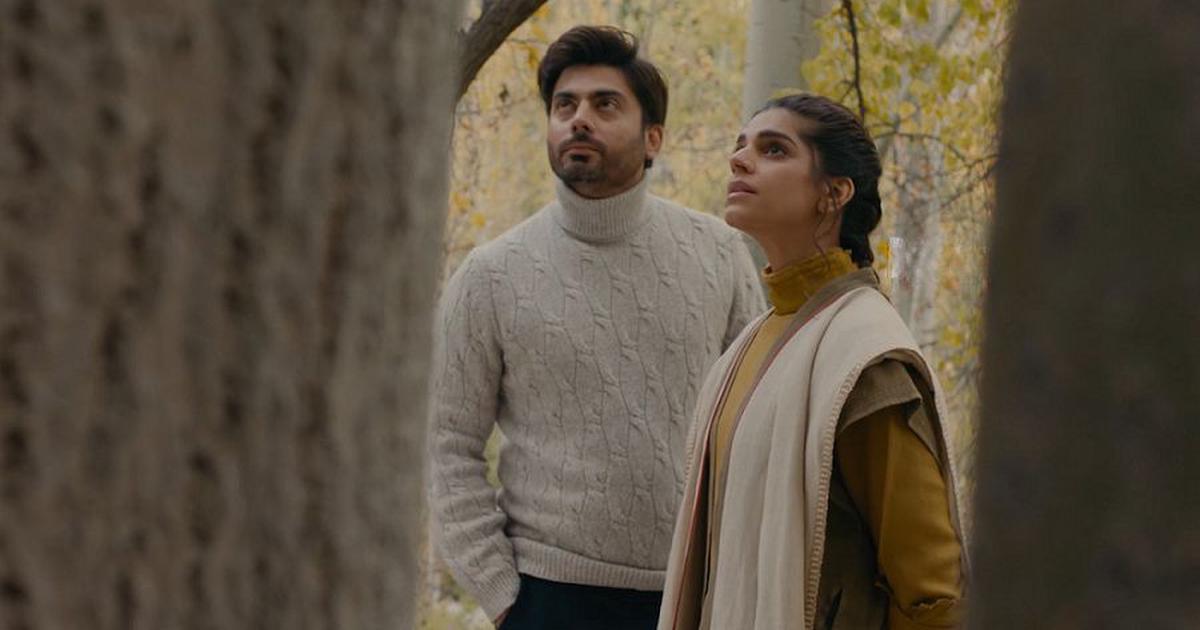
"Barzakh" sensitively explores everyday themes like the burden of caregiving, the cyclical nature of parenting, and the suppression of sexuality. However, these themes are overshadowed by its lofty ideas about life, death, the afterlife, and the universe’s balance. While the supernatural elements could have offered a fresh narrative approach, they come off as an assault on the audience’s intelligence rather than a cohesive storytelling device. Even the darkly humorous death jokes shared by Shehryar and his son could have sufficed, reminding viewers not to take death too seriously while acknowledging its inevitability.
Abbasi’s heavy-handed approach to these dual themes leaves the storytelling in a kind of limbo. "Barzakh" would have benefitted from a lighter touch, embracing the humorous and relatable aspects of its characters’ struggles, rather than overburdening the narrative with supernatural weight. By attempting to balance both, the series fails to do justice to either, leaving it stranded in an unresolved middle ground.
Also read:
.webp)

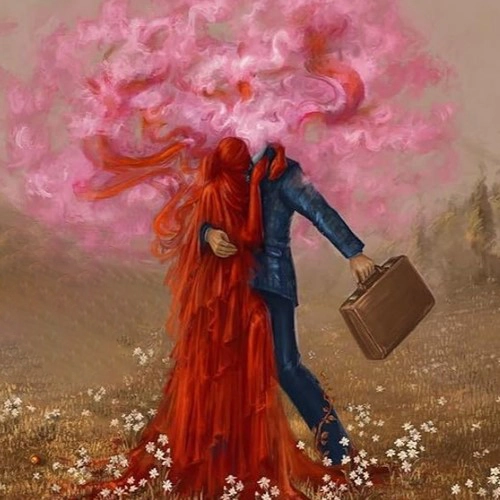
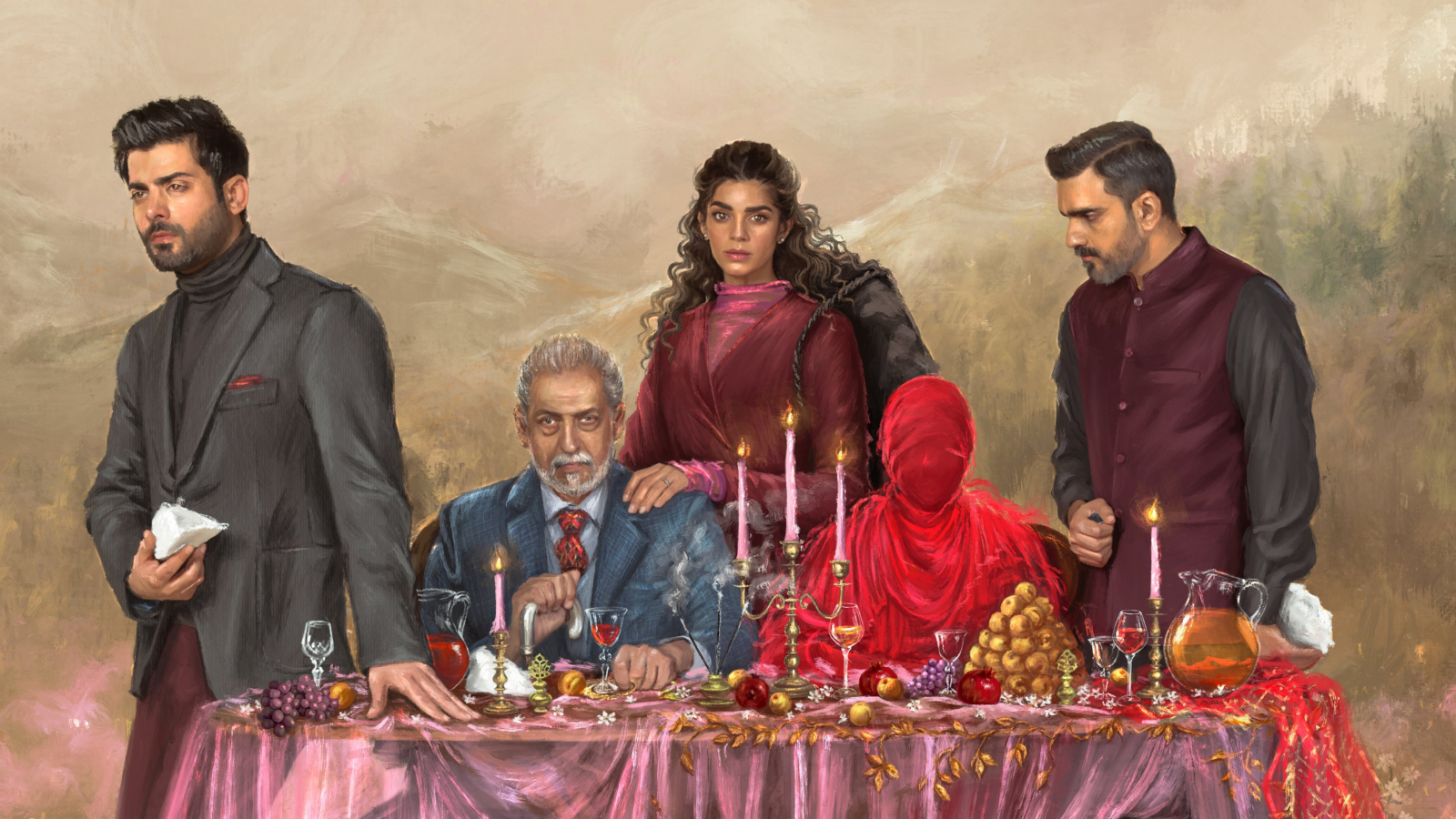


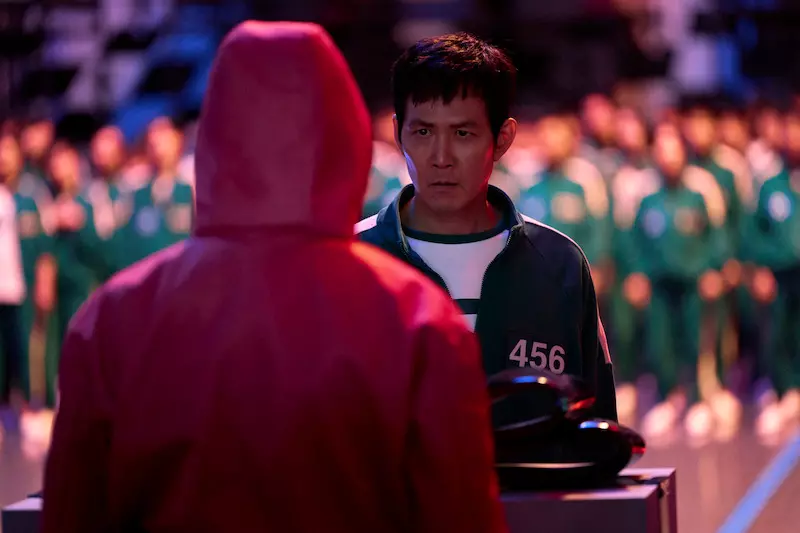
_1735214375.webp)

